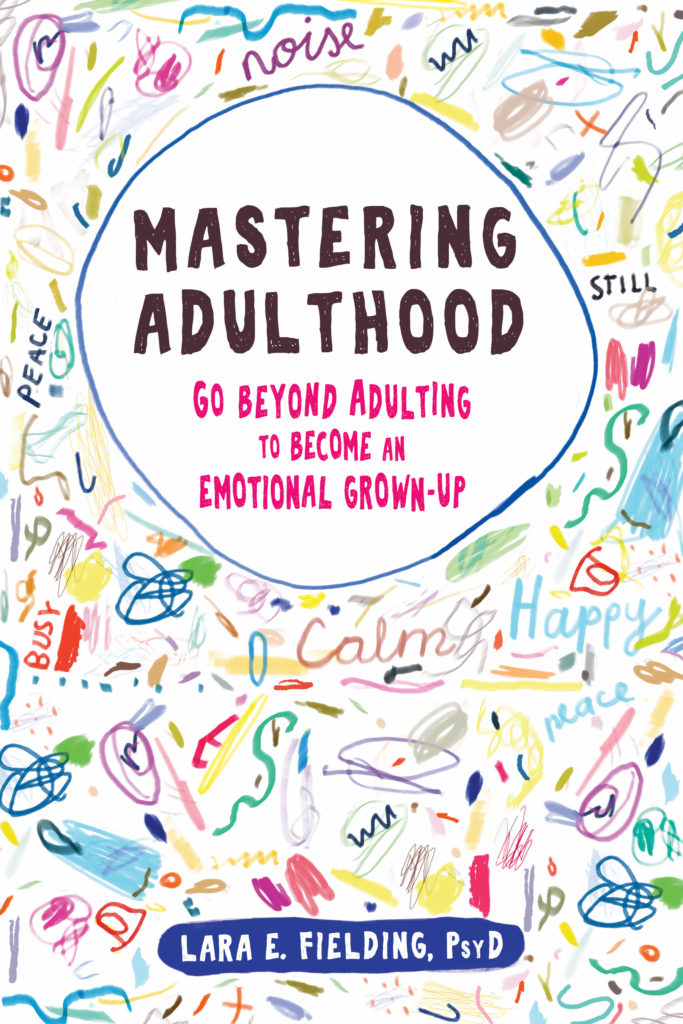“You get what you put out there!” We often hear this annoying truism. But is it really true? And if so, what can we do to prevent getting more of what we don’t want?
The Self-Fulfilling Prophecy: Is It Real?
Do others really reflect back our own social signals? Owning up to the self-fulfilling prophesy in our interpersonal relationships is not something we like to do. But what does the science have to say about it?
Researchers recently found a possible answer may lay in our differences in rejection sensitivity. Rejection sensitivity (RS) is a dispositional tendency to anxiously
anticipate, and more easily perceive, rejection, followed by more intense reactions.(e.g., excessive attempts to ingratiate others, social withdrawal, or hostile behaviors).
A compelling new study, recently published in the Journal of Personality and Individual Differences, explored the differences in social engagement responses between those identified as high RS versus low RS. In a first of it’s kind study, the participants were asked to complete online questionnaires about daily interpersonal interactions (their own behavior and perceptions of the interpersonal partner) in real time with their cell phones.
Interesting and important differences in response patterns (i.e. emotional habit patterns) were found between the two groups. High RS responders readily engaged only when clear cues of positive emotions were displayed by the other person. For example, interpersonal warmth begat warmth in return. Seems normal enough.
However when the interaction partner lacked outwardly explicit positive emotions, high RS (but not low RS) participants tended to react with cold and less communal behaviors. For example by withdrawing, or showing more cold interpersonal engagement.
Those with low RS were more likely to adjust their level of interpersonal agency to the context. What that means is that the low RS responders seemed to recognize their own capacity to offer warmth and engagement as a means of influencing the context of the engagement.
The authors concluded that those with higher rejection sensitivity were likely to have more difficulty seeing past their own internal reaction, and thus paradoxically potentially elicit more of precisely the rejection they were trying to avoid!
Rejection Sensitivity And Emotional Habit Patterns
This study highlights the functional approach we highlight in this blog series: The things we do and ways we think, which function to help us avoid emotional discomfort (emotional habit patterns) – usually lead to making things worse!
In the case of RS, the tendency to mind read and personalize another person’s seeming lack of positive emotions, and our own subsequent reactions in our own body language or voice tone, often leads to more perceived rejection.
Being Skillful With Rejection Sensitivity
Can you relate? Do you worry a lot about being rejected or judged in interpersonal situations? For sensitive peeps it can be really tough to step back from the strong emotions and negative thoughts that ambiguous interactions elicit.
A related study to the one above, found that high RS young adults tend to resort to being submissive, aloof, and introverted in such situations. While these automatic reactions make sense when your mind is telling you you’re being rejected, they are also not very helpful.
So, how might you start being more skillful when you perceive negativity or rejection from someone else?
Let’s Practice.
When to practice. Next time you engage with someone you perceive to be less than warm, or your mind is telling you they are judging you.
What to practice.
• Self-Compassion has been linked to less stress, shame, and quicker recovery following a social evaluative situation. So, take a moment to kindly offer yourself some self-compassion. Honor the difficult emotions that come up by labeling your feelings, then offer yourself some words of kindness.
• Other Compassion: Rather than shutting down when you perceive negativity in someone else, try leaning in. You might ask how their day is going and possibly validate the difficulty they are having, to help sooth their defenses.
How to practice. Skillfulness always begins with making the choice to be willing to do something different than your autopilot reaction, in the service of being effective towards your goals.
• Make a commitment to yourself to stay engaged and offer the kind of warmth and kindness you would like to receive: Maintain eye contact, use a kind voice tone (if appropriate), and remind yourself that the other person’s attitude or emotions might not be about you. Follow these steps over several interactions, like your own social experiment. See if you don’t start to notice that the old axiom is sometimes true: Frequently, we do get what we put out there.
I hope you find this blog helpful! If you have any questions, shoot me a message in the comments section. We’re all in this thing called Mastering-Adulthood together. So, let me know if you have any questions about how to be skillful with your emotions and building a life you love! And, may you BE-Well.
This blog was inspired by Dr. Fielding’s upcoming book: Mastering Adulthood: Go Beyond Adulting to Become an Emotional Grownup. To learn more helpful skills for Mastering Adulthood, sign up for the Mindful-Mastery SKILL WEEKLY newsletter, or follow me on Facebook, Twitter, or Instagram. Or YouTube for skills videos!


